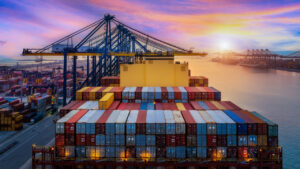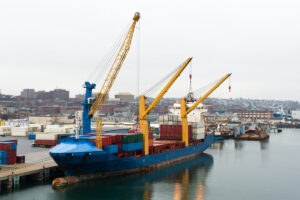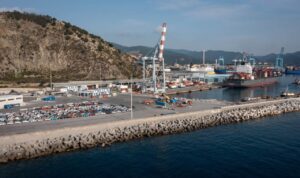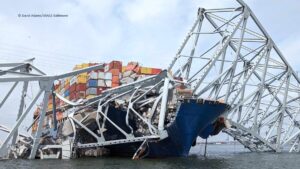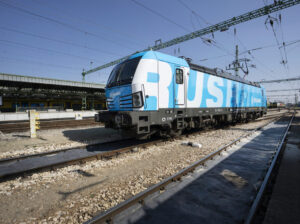While container handling volumes remained stable, goods handling declined and Duisburger Hafen AG (duisport) according to a 4 February statement.
Container handling reached approximately 4 million TEU, remaining relatively level with 2018 which reported 4.1 million TEU.
Meanwhile, total goods handling is expected to decline from 65.3 million tonnes to approximately 61.1 million tonnes (-4.2 million tonnes).
The drop in total goods handling is due to weakening industry demand and Germany’s move away from coal-based electricity, which led to another significant decrease in bulk cargo.
The drop in total goods handling is due to weakening industry demand and Germany’s move away from coalbased electricity, which led to another significant decrease in bulk cargo.
With 20%, the coal and steel segment was below the previous year’s level. Other factors include the closure of the Öresund bridge, which has significantly impacted the trade with Scandinavia, and weaker demand for preliminary chemical products.
Container Handling
The stabilization of container handling volumes to 4.0 million TEU (-2.5 percent) after the 2017 and 2018 record years, and under continued difficult conditions, confirms the future viability of the duisport concept.
Together with Chinese logistics group Cosco Shipping and other partners, around €100 million ($110 million) will be directly invested in infrastructure improvements in the form of a new container terminal.
In this way, the Port of Duisburg will continue its strategy of shifting freight transport, particularly transport from eastern Europe (truck, tractor-trailers, trailers), from road to rail.
The implemented expansion measures and the addition of new customers, particularly in logport VI, will already trigger positive impulses for goods handling starting in 2021.


